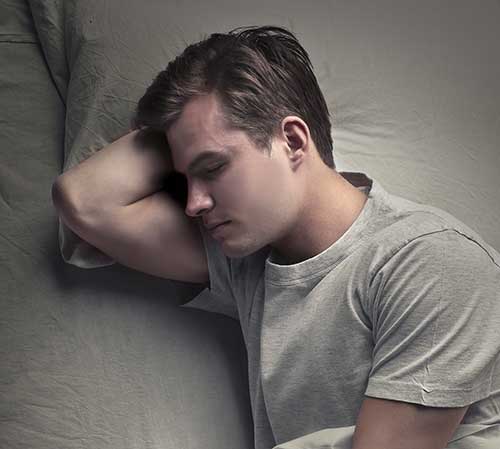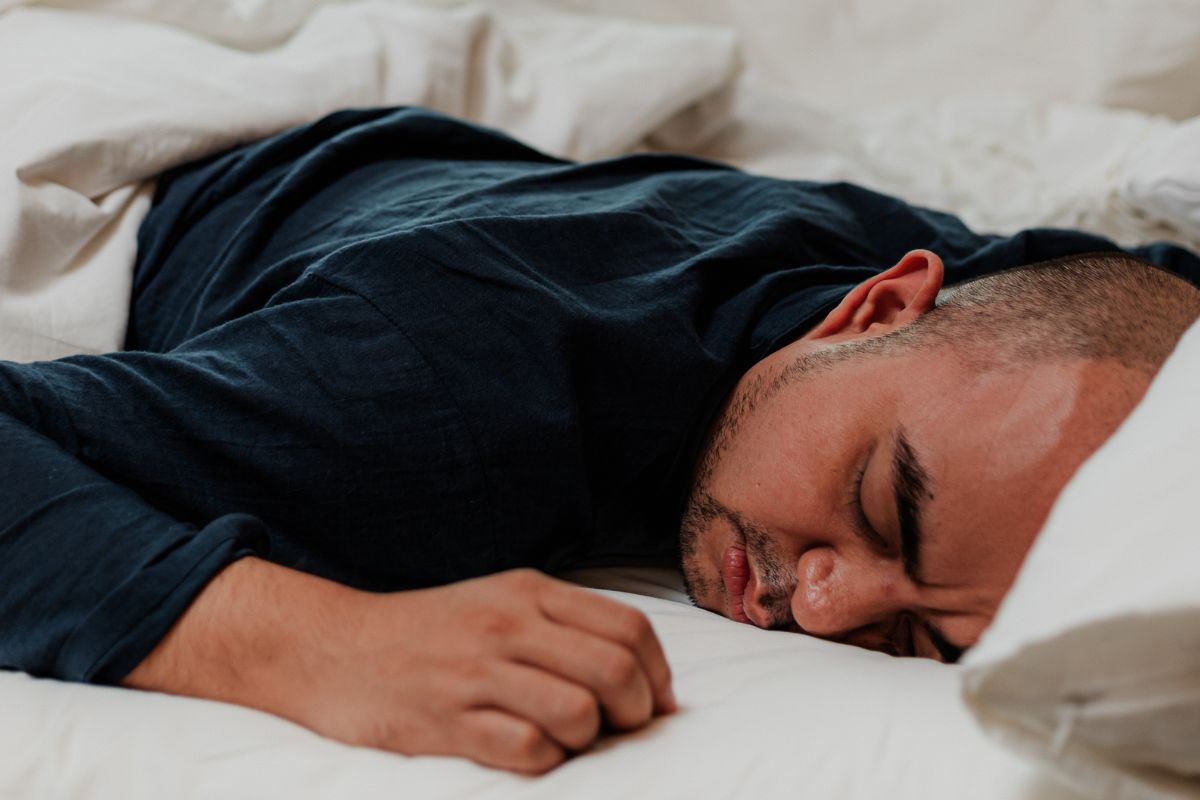All of these prescription sleep medications have side effects that can have serious consequences.
You will of course have to check the drug information and interactions with your doctor or pharmacist for any specific sleep drug you are considering taking but common side-effects include:
- Tingling or burning sensation in extremeties
- Gastrointestinal problems including diarrhea, constipation, stomach discomfort, heartburn and gas
- Dry mouth and throat
- Changes in normal appetite
- Dizziness and difficulty maintaining balance
- Daytime drowsiness and weakness
Prescription sleeping pills can also result in a deeper than normal sleep which may make it difficult to awaken. This could be dangerous if, for example, a smoke detector was sounding an alarm and the prescription sleep medications prevented waking.


Even if awakened there also seems to be an amnesia effect that causes users to be unable to recall events while under the influence of certain prescription sleep aids.
There are also reports of parasomnia where people will engage in activities while asleep. People have been known to sleep walk, engage in sleep eating and even have sleep sex. Of course these all present real dangers but sleep driving is particularly unnerving. Upon awakening though, these behaviors cannot generally be recalled.
While improving sleep should help relieve depression to a degree (and it does) it has been found that use of prescription sleep aids can actually have the opposite effect and increase the depression.1
Severe withdrawls can also occur with these sleep medications. It is extremely important to follow your doctor’s advise to the letter and to taper off usage of prescription sleep aids. Never abruptly quit taking prescription sleep drugs. Benzodiazepine withdrawal syndrome can last several months and can be as serious as alcohol or barbituate withdrawl.
When it comes to the inate danger of any of these chemicals the pharmaceutical companies are notorious for skewing tests and minimizing negative results.
The bottom line with prescription sleep aids is to use them only as a last resort under the strict guidance of your doctor at the lowest dosage and the shortest period of time possible.
Page 1: Should You Take Prescription Sleep Aids? Page 2: Are Prescription Sleep Aids Safe?
Related Articles:









New! Comments
Share your tips and feedback. Leave me a comment in the box below.